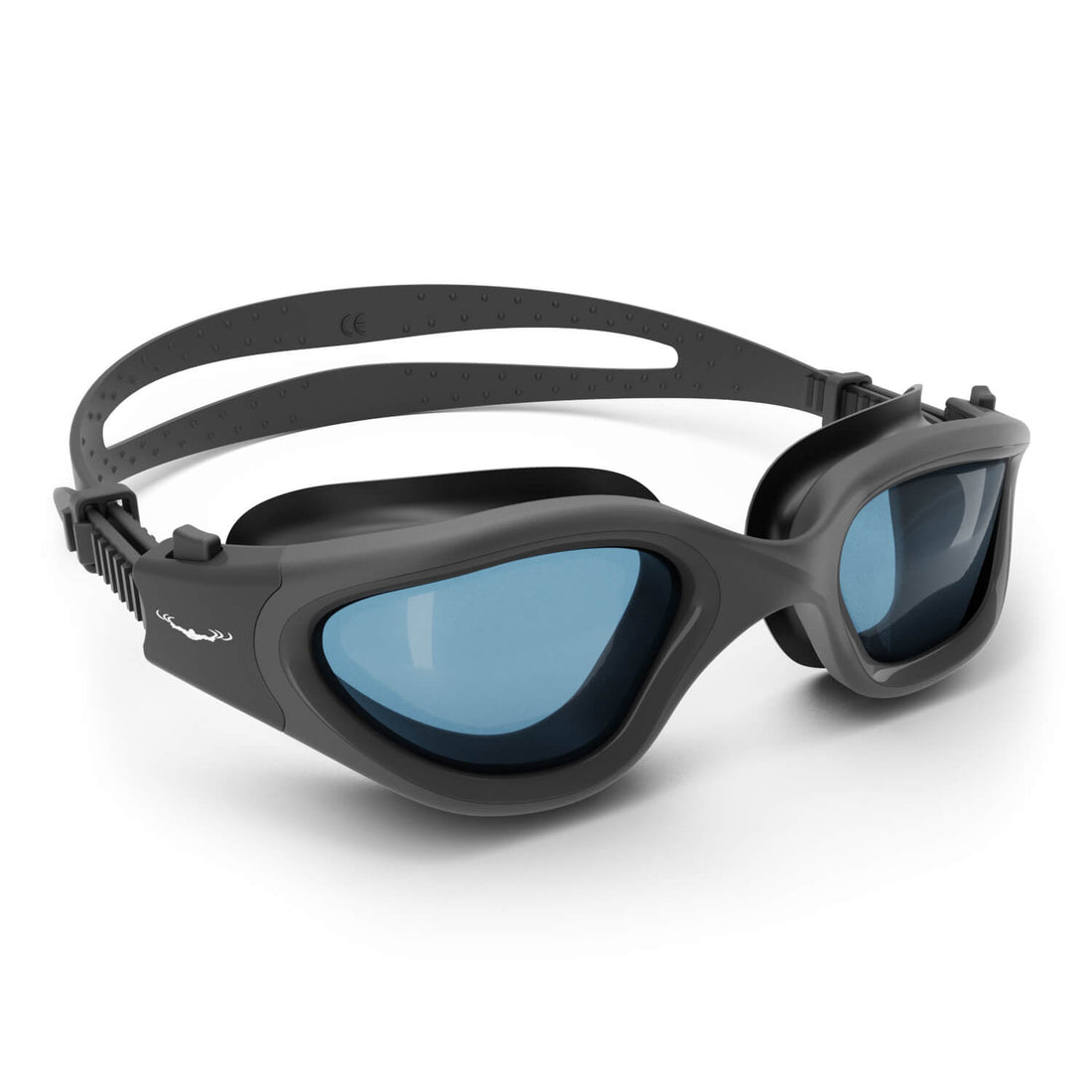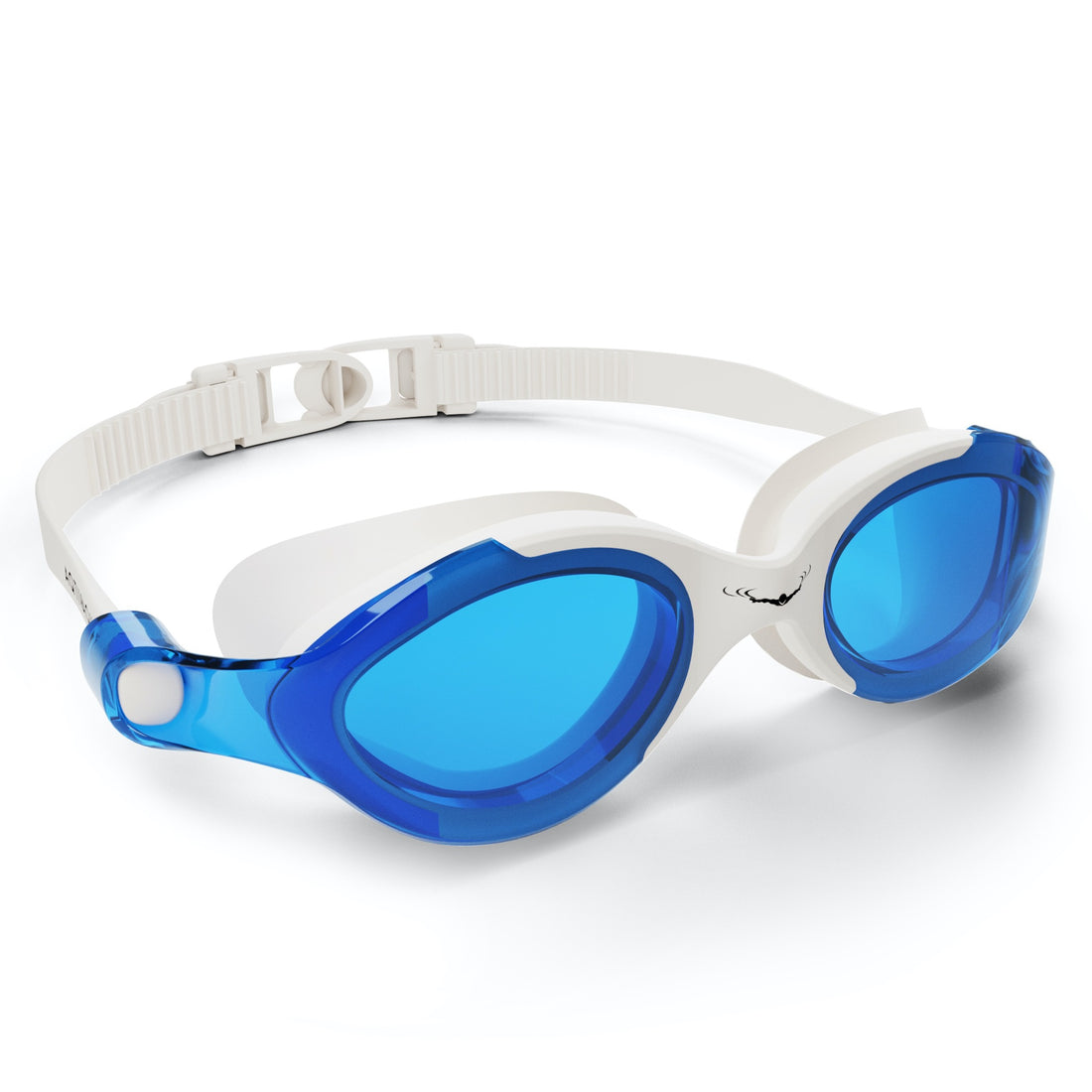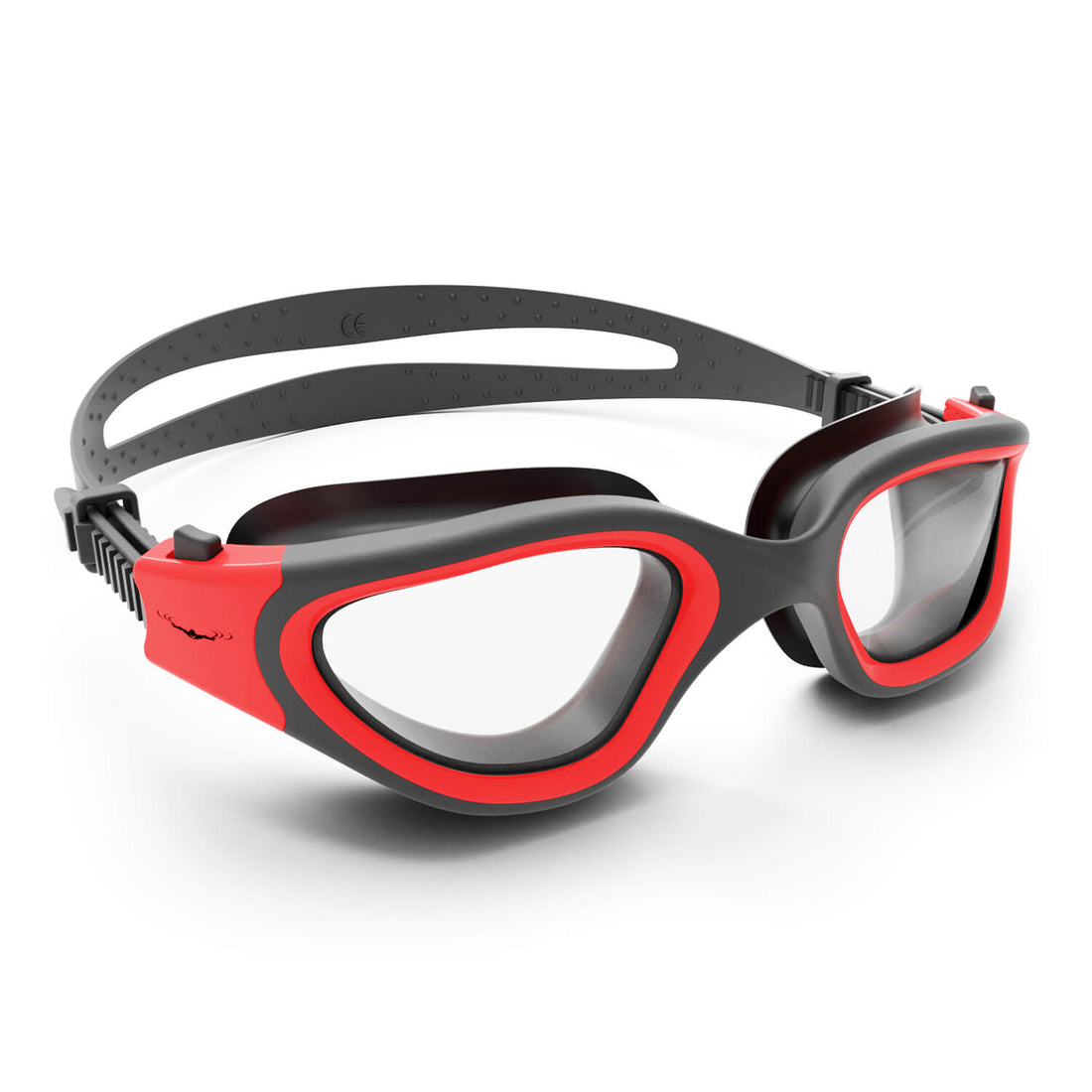Swimming, often advocated as a full-body workout, has garnered attention as a potential weight loss solution. But how effective is it really? Let's dive into the deep end and explore whether swimming for weight loss is fact or fiction.
The Science Behind Swimming for Weight Loss
Swimming is an excellent form of cardiovascular exercise that engages various muscle groups simultaneously. It offers a low-impact workout, making it suitable for individuals with joint issues. The resistance of the water also adds to the intensity, helping to burn calories and build muscle.
Calories Burned While Swimming
The number of calories burned during a swimming session varies based on factors such as stroke technique, intensity, and duration. On average, a person weighing around 155 pounds can burn approximately 500 calories per hour of swimming laps at a moderate pace.
Swimming vs. Other Workouts
Compared to land-based exercises like running or cycling, swimming may have a slight edge when it comes to calorie burning due to the resistance of the water. However, consistency and intensity are key factors in any workout regimen for weight loss.
Building Muscle and Boosting Metabolism
Swimming not only burns calories but also helps in building lean muscle mass. Muscle tissue is more metabolically active than fat, meaning that the more muscle you have, the more calories you burn at rest. This can contribute to long-term weight management.
Choosing the Right Gear
Investing in quality swim gear such as swim goggles, swim caps, and swim ear bands can enhance your swimming experience. Proper gear ensures a comfortable swim by protecting your eyes, ears, and hair from the effects of chlorine and water pressure.
Staying Consistent and Setting Goals
Like any workout regimen, consistency is key when swimming for weight loss. Setting realistic goals, be it swimming a certain distance or improving your speed, can help you stay motivated and track your progress over time.
Addressing Dietary Considerations
While swimming can aid in weight loss, it is essential to complement your efforts with a balanced diet. Fueling your body with nutritious foods and staying hydrated are crucial aspects of a holistic approach to weight management.
Tracking Progress and Adjusting Your Routine
Monitoring your weight loss journey is essential to determine the effectiveness of swimming as part of your fitness routine. If you hit a plateau, consider adjusting your swimming workouts by incorporating interval training or trying different strokes to keep your body challenged.
Swimming for Mental Well-being
Besides the physical benefits, swimming can also have a positive impact on mental well-being. The rhythmic nature of swimming, combined with the soothing properties of water, can help reduce stress and promote relaxation.
Consulting a Professional
If you are new to swimming or have specific weight loss goals, consulting a professional swimming coach or a fitness expert can provide personalized guidance tailored to your needs. They can help design a swimming regimen that aligns with your objectives and fitness level.
Final Thoughts
In conclusion, swimming can indeed be an effective tool for weight loss when combined with a balanced diet and a consistent workout routine. By embracing the water and making swimming a part of your fitness journey, you can splash your way to a healthier and fitter you!










